Giving birth is something that never loses its wonder. Every newborn is unique, and while they all need the same basic care, they often show a lot of personality in those early days, too.
But when your new baby looks or acts in a way you don’t expect, it can be easy to panic and assume something’s wrong. Luckily, most of the time, there’s nothing to worry about.
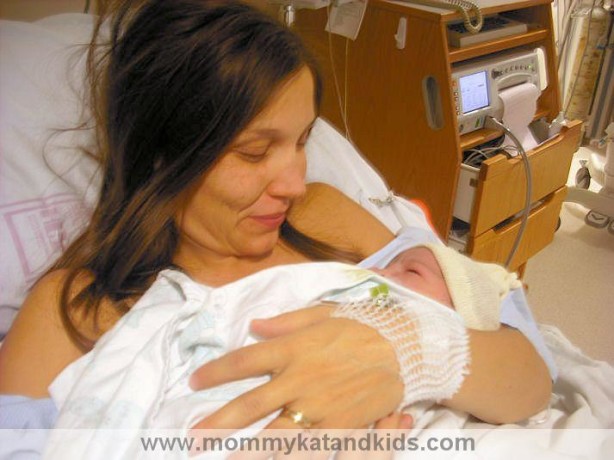
Here are five fairly common, but possibly unexpected, health conditions that a newborn may have.
Body Hair
My oldest son was born not just with a full head of hair, but also with fine hair that covered most of his body, a condition known as lanugo.
This covering develops in the womb to help cushion and insulate the fetus. In most cases, the hair falls out before the baby is born.
But occasionally, as was the case with my oldest, the hair is still present at birth. Generally, the hair falls out in the first few months of life, and is no cause for concern.
Salmon Patches
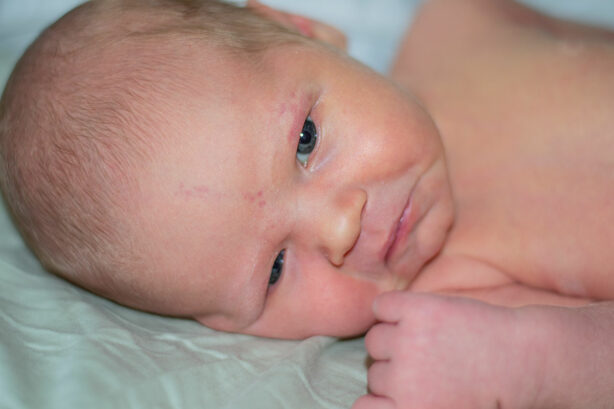
When my youngest son was born with reddish patches on his eyelid and forehead, I assumed at first it was just some skin irritation caused by his birth.
But when the patches were still there weeks later, I checked in with his doctor and learned that he had a skin condition that’s caused by expansions in tiny blood vessels, often called salmon patches.
These reddish patches are also sometimes referred to as angel kisses or stork bites, especially when they’re present on the face or the back of the neck.
Unlike most other birthmarks, salmon patches usually fade away as a child grows. At three years old, my own son’s angel kisses are almost unnoticeable, though they do become more visible if he’s crying or otherwise overexerting himself.
Jaundice
When a new baby has a yellowish skin tone, it’s entirely possible that may just be the natural colour of their skin. But at times, it can also be a sign of jaundice, a condition caused by a buildup of bilirubin in the body.
Generally, hospitals now check babies for jaundice shortly after birth with a handheld light meter so that treatment can begin immediately if necessary.
But jaundice can also develop after a newborn comes home, and is more common in breast-fed babies that aren’t eating well.
My middle son had some mild jaundice when he was born, but luckily the only treatment that he needed was a regular Vitamin D supplement and some time in the sun.
Most of the time, mild jaundice resolves on its own. But if you notice an increasing yellowish tinge to your baby’s skin or eyes, check in with your doctor right away.
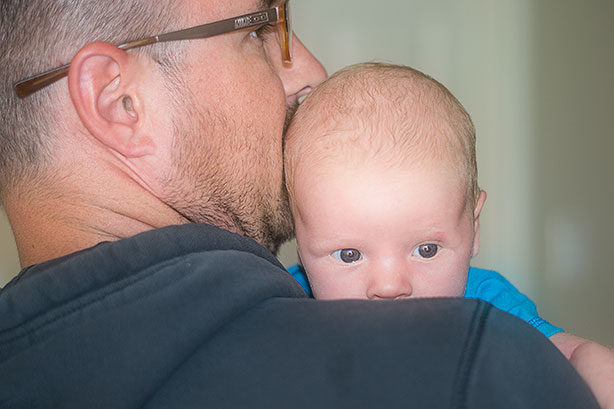
Vomiting
When my first two boys were born, I quickly fell into a routine of breastfeeding and burping, with the expected minimal spit-ups that go along with that.
So, I was more than a little shocked when I fed and burped my youngest for the first time, only to have him vomit a surprising amount of liquid down my back.
When I checked in with a nurse, I learned that some newborns will vomit up swallowed amniotic liquid and mucus for a day or two after their birth.
My own baby only went through about half a day of vomiting before his stomach emptied out. But if vomiting continues for longer periods or your baby isn’t gaining weight properly, visit your doctor to make sure there are no issues.
Sleepiness
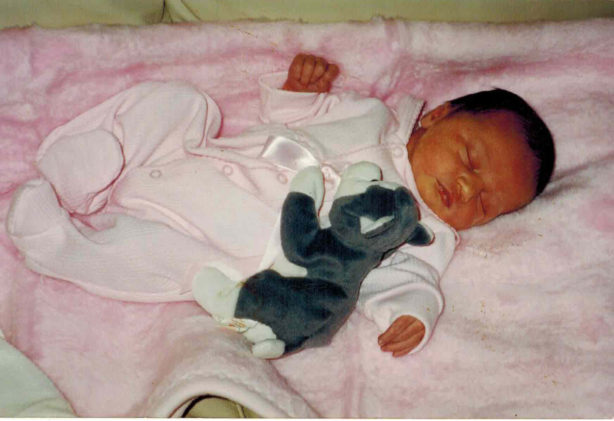
It’s a well-known fact that newborns sleep a lot. So, it can be hard to determine if your little one is sleeping a normal amount or not.
Some babies naturally sleep more than others, so even if your new baby sleeps more than you expected, there may be no cause for concern.
However, if the sleepiness is accompanied by other issues like fewer wet diapers or struggling to eat, their lethargy may be a sign of something more serious.
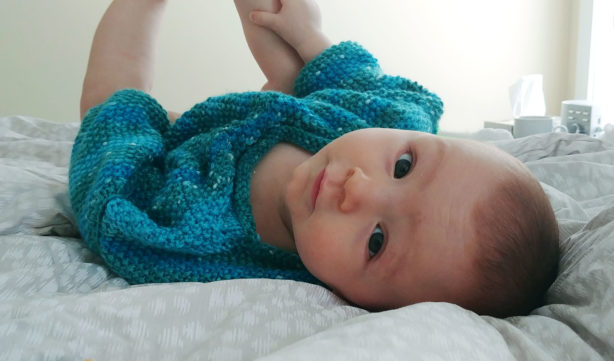
While most newborn health conditions are nothing to worry about, it’s always a good idea to check with your doctor if you have any concerns.
In rare situations, you may even want to consult with a law firm like https://www.pacificmedicallaw.ca/ to ensure that your baby received the proper care when they were born.
Thankfully, even the most unusual newborn conditions often resolve on their own, or require minimal treatment.
And as time goes by, you’ll be able to better understand your little one’s personality, so you can more easily judge when something’s not right. If you need some advice for new mothers in the meantime, don’t hesitate to ask someone you trust.
So hang in there, Mama! Motherhood may be full of surprises, but it sure is worth it!

I enjoyed reading this It has a lot of useful information